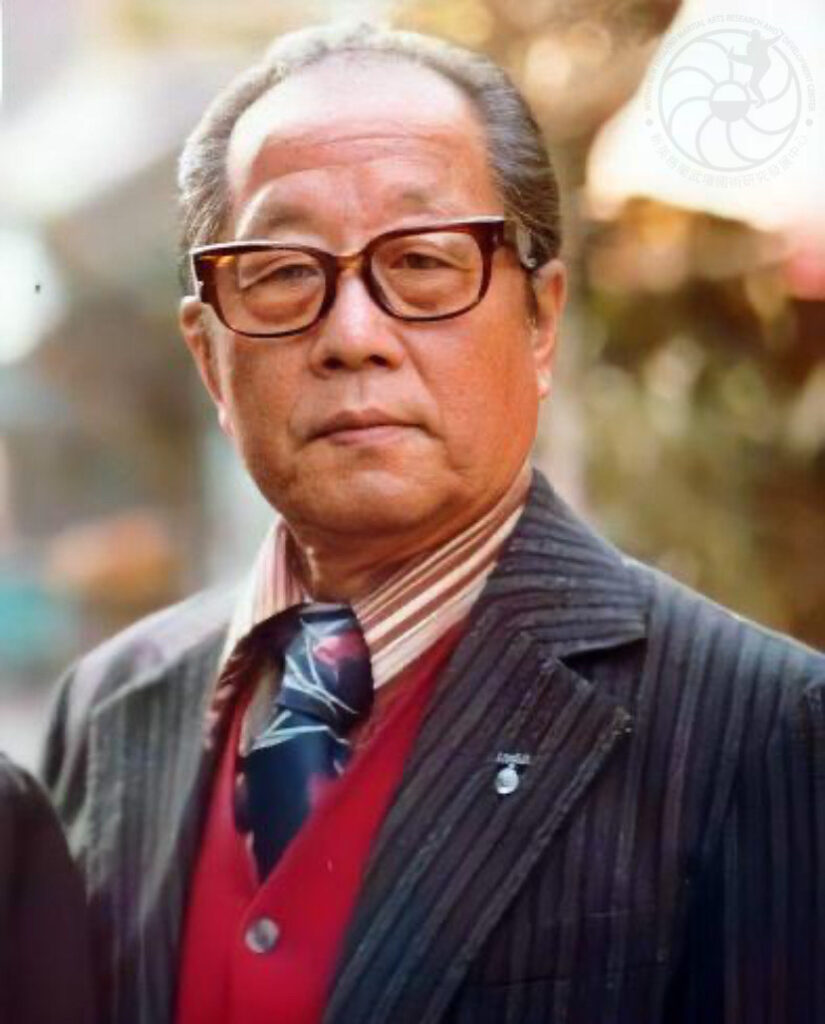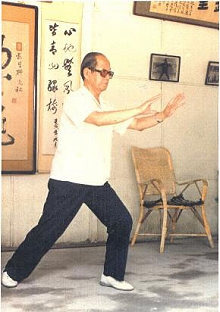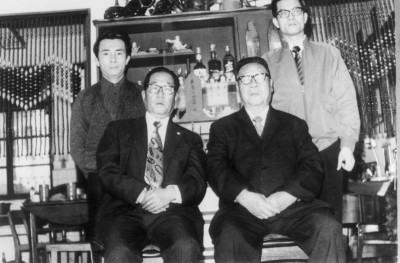Liu Yun Qiao (1909 – 1992)

Liu Yun Qiao 劉雲樵, one of the most significant kung fu teachers of the modern time, was born in Beitou Village, Cangzhou County, Hebei Province of China. Liu was a weak child with several health problems. His father hired a Kung Fu instructor to improve his son’s health. At the age of five Liu started his first training with a teacher Chang Yao Ting who was also a family bodyguard, and he taught the boy Tai Tzu Chang Chuan (The First Emperor of the Sung Dynasty’s Long Fist) and Mi Zong (The Lost Track Style). When Liu was seven, his father hired one of the most famous fighters of the time, Baji/spear master Li Shu Wen who was known as “God’s Spear Li” (神槍李). Li’s students eventually became personal bodyguards for Mao Zedong, Chiang Kai-shek, and Henry Pu-Yi. Li became Liu’s personal trainer, living in the Liu house. For more than ten years Liu was personally trained in Li Shu Wen’s system of bajiquan, pigua zhang, and liuhe da qiang (six harmony big spear). Li Shu Wen was already in his sixties when he taught young Liu, who was to become Li’s last disciple. After he completed Baji quan, Liu continued to study other arts like Six Harmony Praying Mantis from Ding Zi Cheng 1850 – 1940, famous master from Er Pu clan in Shandong province, and BaGua from Gong Bao Tian who was a bodyguard of the Empress and Emperor of China.
In 1937, Liu was admitted into Huangpu Military School, helping his country to fight Japanese. After his graduation in the spring of 1939, he was appointed at first as a Company Commander, a Battalion Commander, and later a Regimental Commander in the First Army Division.
In 1941 he was appointed the commander of the Northwest China Reconnaissance Troop. he also got married same year.
In 1943, Liu was appointed as the General Staff Director of the Sichuan and Shaanxi Border District Headquarters.
After WWII and civil war in 1949. he moved to Taiwan with Chiang Kai-Shek troupes and became commander of the airborn special forces. He also became the head training officer for Chiang Kai Shek’s bodyguards. On Taiwan he organized Wutan Martial Arts Association and Wutan martial Arts Magazine in order to preserve and promote traditional Chinese martial arts.
In 1968, Liu traveled throughout the overseas Chinese communities in Asia to promote and teach traditional Chinese martial arts.
Liu’s effort made Taiwan the main source from which the rest of the world was introduced to traditional Chinese martial arts. His Baji style is still the best known on the west as well as Bagua and Praying Mantis. Many of his students opened their own schools, on Taiwan and overseas and continued his work after several generations.


